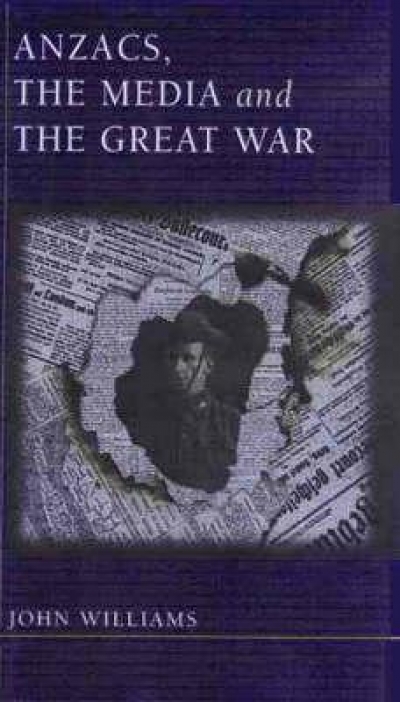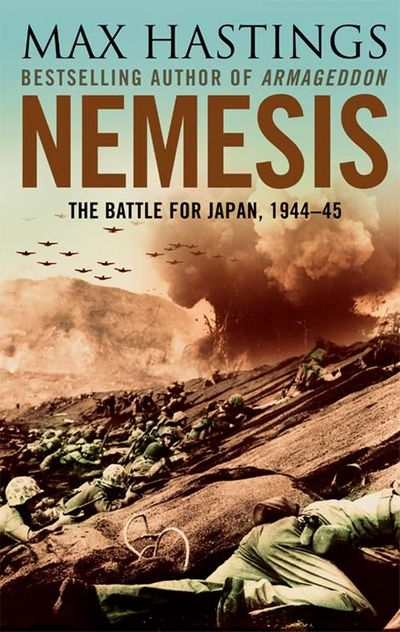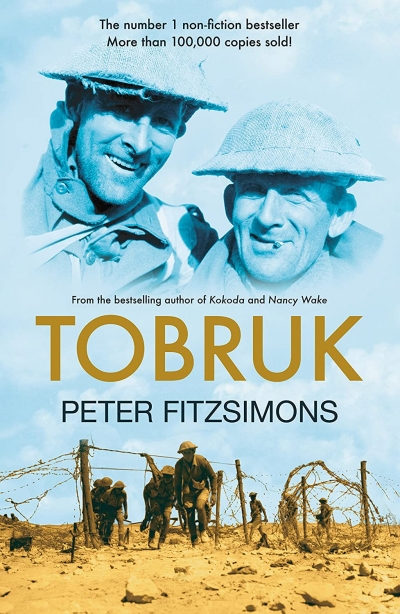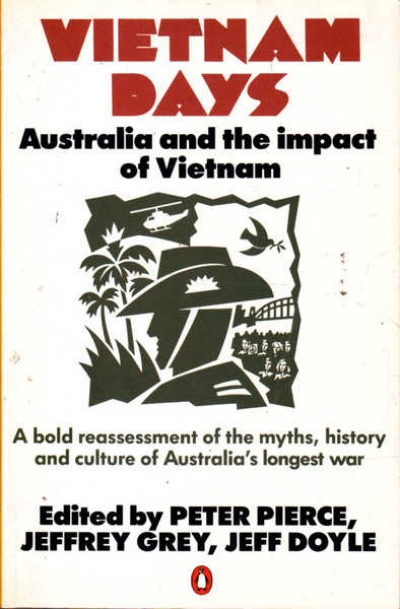Jeffrey Grey
From Paul Salzman
Dear Editor,
It is a shame that allegations of plagiarism in The Hand That Signed The Paper were trivialised into questions of literary echoes that would certainly not have worried any serious member of that curious entity, the literary community. As someone deeply troubled by the anti-Semitism manifested in the novel, I have been interested to know where the Ukrainian material that ‘Demidenko’ defended as family history may have come from. Perhaps we will never know, but now it seems that the plagiarism issue was really something of a red herring, distracting attention from what was most disturbing about the novel and its attendant prizes. I cannot see that ‘postmodemism’, under any definition, could be blamed for this situation, given that the Miles Franklin judgment is based, I believe, on a bankrupt and outmoded humanism that sees abstract moral truth in literary works without having any sophisticated regard for politics or history.
... (read more)



